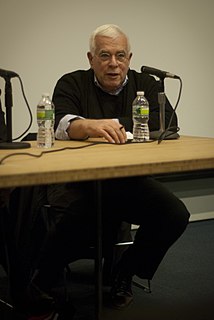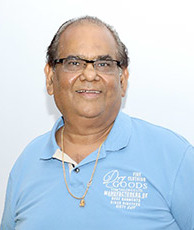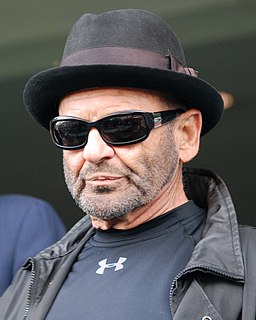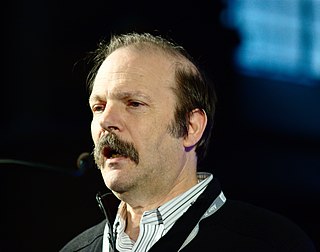A Quote by Heinrich Rohrer
In summer 1961, Rose-Marie Egger became my wife, and her stabilizing influence has kept me on an even keel ever since. Our honeymoon trip led us to the United States where I spent two post-doc years working on thermal conductivity of type-II superconductors and metals in the group of Professor Bernie Serin at Rutgers University in New Jersey.
Related Quotes
She told her therapist it reminded her of coming home the summer after her freshman year at Rutgers, stepping back into the warm bath of family and friends, loving it for a week or two, and then feeling trapped, dying to return to school, missing her roommates and her cute new boyfriend, the classes and the parties and the giggly talks before bed, understanding for the first time that that was her real life now, that this, despite everything she'd ever loved about it, was finished for good.
You're beautiful, but you're empty...One couldn't die for you. Of course, an ordinary passerby would think my rose looked just like you. But my rose, all on her own, is more important than all of you together, since she's the one I've watered. Since she's the one I put under glass, since she's the one I sheltered behind the screen. Since she's the one for whom I killed the caterpillars (except the two or three butterflies). Since she's the one I listened to when she complained, or when she boasted, or even sometimes when she said nothing at all. Since she's my rose.
At first I wanted to go to university, but I really didn't dare to. I was too self-conscious, being a working-class kid. It was really difficult. I was going to study history, but the professor asked me some questions I didn't understand, and I didn't dare to ask what they meant. I left university and went to work in the Post.




































